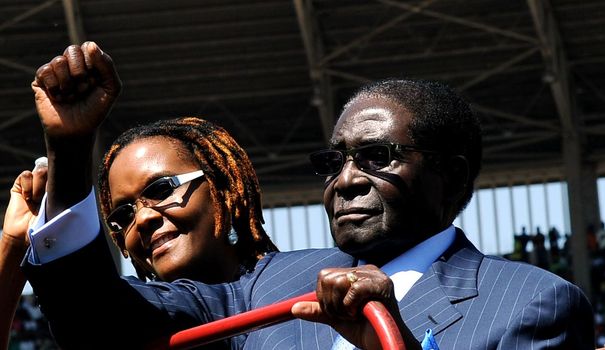
Zimbabweans are yet to enjoy freedom of expression and access to information as enshrined in the new Constitution as there are no laws giving effect to these provisions, a legal think-tank has said.
BY NQOBANI NDlOVU
Veritas said the Broadcasting Services Act, the Access to Information and Privacy Act and Criminal Law (Codification and Reform) Act have not been repealed or amended to align with Section 61 and 62 which guarantees freedom of expression and access to information.
“The Access to Information and Protection of Privacy Act should be repealed or, at the very least, amended to remove the restrictions on foreign participation in the production of local newspapers and other media. This violates freedom of expression — a right which is enjoyed by foreigners as well as Zimbabweans, and besides, these restriction stifle investment in the media,” Veritas said.
“The Act, in other words, allows the government to keep information to itself until a request is made for it, instead of obliging the government to make public all information that the public may need or want, subject only to legitimate interests of national security (and these should not be too broad) and privacy. The government should publish information on its policies and programmes, its plans, its successes and even its failures.”
Veritas added that the Broadcasting Services Act must be amended to ensure neutrality in the composition of the Broadcasting Authority of Zimbabwe.
“At present, members of the Broadcasting Authority of Zimbabwe are appointed by the president after consultation with the Parliamentary Committee on Standing Rules and Orders and the responsible Minister (who is appointed by the president). There is no provision to ensure their neutrality or the breadth of their opinions,” it said.
The legal think-tank indicated that Sections 33 and 96 of the Criminal Law (Codification and Reform) Act should at best be repealed in their entirety as President Robert Mugabe is a public figure and should be open to criticism without fear of prosecution.
- Chamisa under fire over US$120K donation
- Mavhunga puts DeMbare into Chibuku quarterfinals
- Pension funds bet on Cabora Bassa oilfields
- Councils defy govt fire tender directive
Keep Reading
“Sections 33 and 96 of the Criminal Law (Codification and Reform) Act, which make it a crime to insult the president and make defamation a crime, should be either repealed entirely or amended so as to reduce their scope.
An executive president is a politician and should be open to the same criticism and satire, whether fair or unfair, as all other politicians. And defamation should be a civil wrong (a delict) rather than a crime,” Veritas said.










